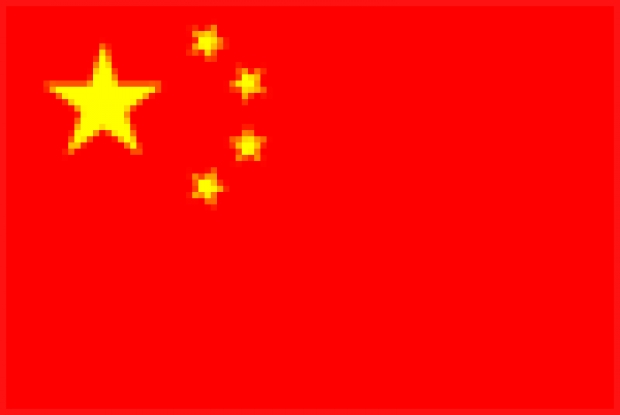Analysts think that Tsinghua Unigroup proposed price, $23 billion, is far too low anyway, but if the fact it has to be vetted by an increasing paranoid US government could sink the deal.
Jim Lewis of the think tank Centre for Strategic and International Studies told Reuters that the deal will only go ahead if the powers that be think that what Micron makes isn't important any more. That might be tricky with modern weapons' enormous dependence on computer chips.
Pentagon spokesman Mark Wright declined comment on the expected bid or how prevalent the company's chips were in US weapons systems.
Buying Micron would give China access to both DRAM and NAND memory chips but analysts said the $23 billion planned offer price far undervalues the plants, employees and intellectual property of Micron.
Stifel analyst Kevin Cassidy said the price was floated publically because the Chinese were too embarrassed to bring it to Micron's board.
J.P. Morgan analysts said a $27 to $29 per share offer would be more realistic.
CFIUS, an inter-agency which reviews mergers to ensure they do not compromise national security, required Chinese networking company Huawei Technologies Co to divest 3Leaf Systems in 2011 and blocked its purchase of 3Com Corp stock in 2008 because of concerns about links between Huawei's founder and China's military.
But CFIUS does approve some tech deals. In 2014, China's Lenovo Group won CFIUS approval to buy IBM's low-end server business.
Two other experts with CFIUS experience said they would not write off the deal as dead. CFIUS, they said, would assess Tsinghua's ties to the government and Micron's role in national security to decide if the task force, which is led by the Treasury Department, would allow it to go forward.
The Pentagon may opt to order its supplier to refrain from using Micron chips.
Micron competes intensely with Samsung, SK Hynix, and Toshiba selling memory chips, and there is very little that it sells that its competitors do not.




